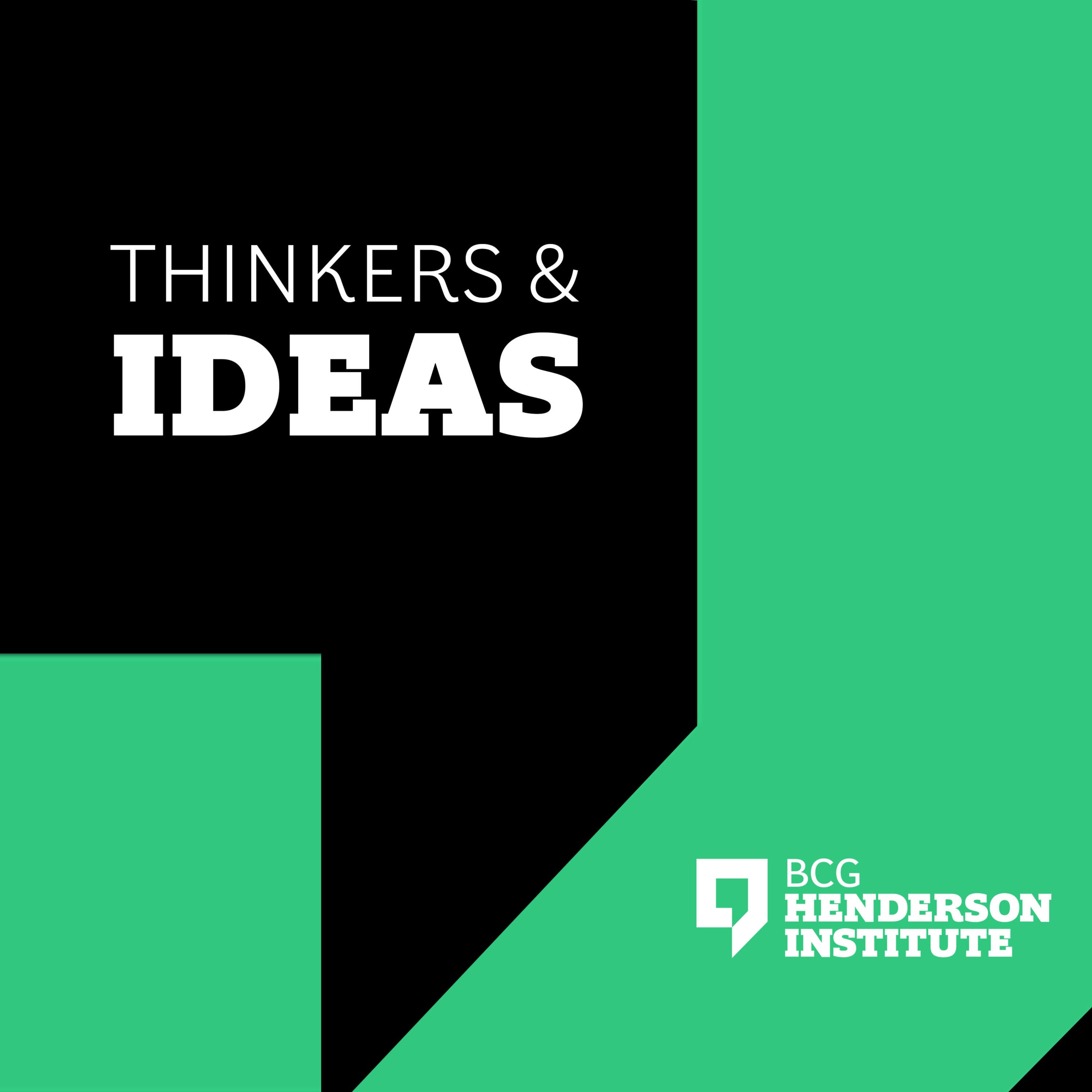Making Sense of Chaos with Doyne Farmer
Description
In Making Sense of Chaos: A better economics for a better world, J. Doyne Farmer challenges traditional economic models, which rely on simplistic assumptions and fail to provide accurate predictions.
Farmer, a complex systems scientist at the University of Oxford and the Santa Fe Institute, argues that with technological advances in data science and computing, we are now able to apply complex systems thinking to build models that more accurately capture reality and enable us to make better predictions about the economy.
Together with Martin Reeves, Chairman of the BCG Henderson Institute, Farmer discusses the limitations of standard models of economics as well as the consequences of such limitations. He proposes an alternative based on complex systems thinking and agent-based modeling—and describes how it can be applied in various fields, including business.
Key topics discussed:
01:42 | Limitations of the standard model of economics
04:44 | How complex systems thinking works
09:01 | Consequences of using inadequate economic models
12:44 | Agent-based modeling as a powerful alternative
19:02 | Leveraging alternative modeling techniques in business
24:59 | How CEOs can start embracing complexity thinking
This podcast uses the following third-party services for analysis:
Chartable - https://chartable.com/privacy
More Episodes
In The Age of Outrage: How to Lead in a Polarized World, Karthik Ramanna provides a framework for leaders to navigate outrage—the intense, polarized reactions to perceived social injustices, political stances, and misaligned corporate actions—by addressing root causes, engaging stakeholders, and...
Published 11/12/24
Published 11/12/24
In The Corporate Life Cycle: Business, Investment, and Management Implications, Aswath Damodaran presents the corporate life cycle as a universal key for demystifying business finance, strategy and company valuation.
Damodaran is a professor of Finance at the Stern School of Business at New York...
Published 10/29/24


